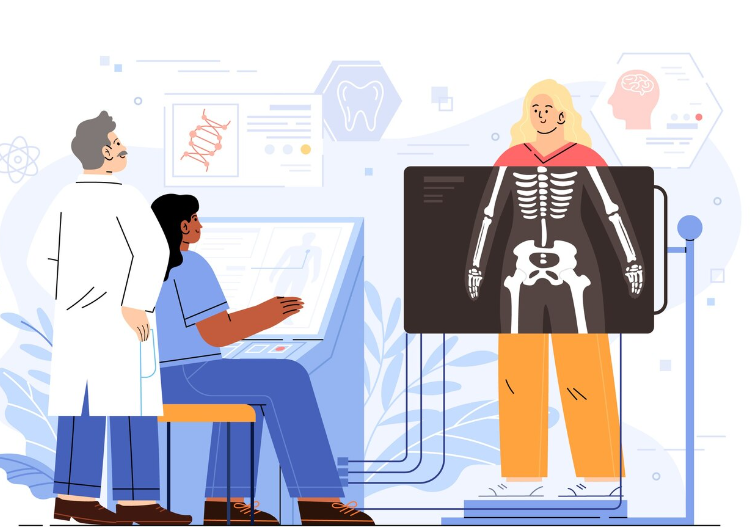
Understanding Brittle Bone Disease: Unraveling Osteogenesis Imperfecta
Brittle Bone Disease: The Role of Hormones in Osteogenesis Imperfecta
Osteogenesis Imperfecta (OI), often called brittle bone disease, weakens bone strength and structure due to genetic factors. Unlike healthy bones, bones affected by OI fracture easily, sometimes with minimal force. But what triggers this condition, and how do hormones contribute to its progression? Let’s explore.
What Causes Osteogenesis Imperfecta?
Osteogenesis Imperfecta arises from genetic mutations that disrupt collagen production. Collagen, a vital protein for building strong bones, plays a crucial role in bone health. When the body produces insufficient or defective collagen, bones become fragile, leading to frequent fractures and deformities.
How Hormones Affect Bone Health
Although OI stems from genetic causes, hormones significantly influence bone health and symptom severity. Here’s how hormones interact with bone function:
- Growth Hormone: Children with OI often experience growth hormone deficiencies. These deficiencies slow bone development, leading to reduced height and weaker bones.
- Estrogen and Testosterone: These hormones regulate bone density and strength. When imbalances occur, they exacerbate bone fragility in individuals with OI.
- Calcium and Vitamin D Regulation: Hormones control the absorption and use of calcium and vitamin D. Imbalances in these processes can hinder bone mineralization, further increasing fracture risks.
Addressing Hormonal Imbalances
Hormonal imbalances intensify the symptoms of OI by worsening bone fragility. Healthcare providers monitor hormone levels closely to address these issues, helping to improve bone health and reduce fracture risks. Correcting these imbalances supports better overall management of the condition.
Conclusion
Osteogenesis Imperfecta combines genetic mutations and hormonal influences to weaken bones. While faulty collagen production is the primary cause, hormones like estrogen, testosterone, and growth hormone play essential roles in shaping bone health. Addressing hormonal imbalances alongside genetic factors can enhance symptom management and improve the quality of life for individuals with OI.
To seek medical advice, always consult a Doctor. Here are our recommended experts. Click Here
To read more on Brittle Bone Disease Or Osteogenesis Imperfecta. Click Here

